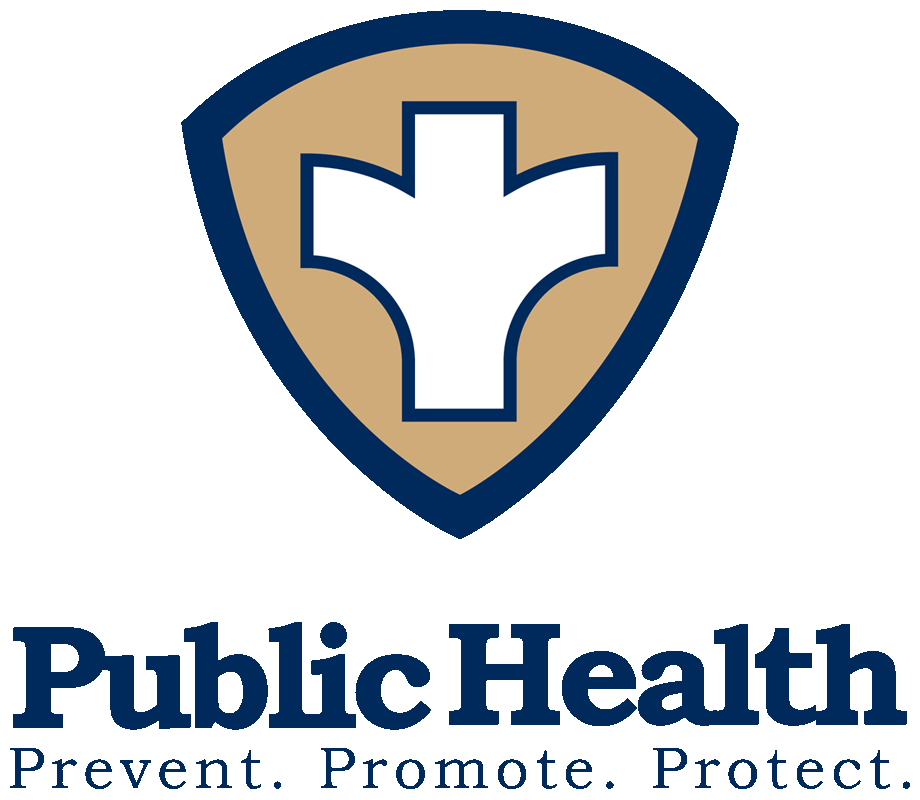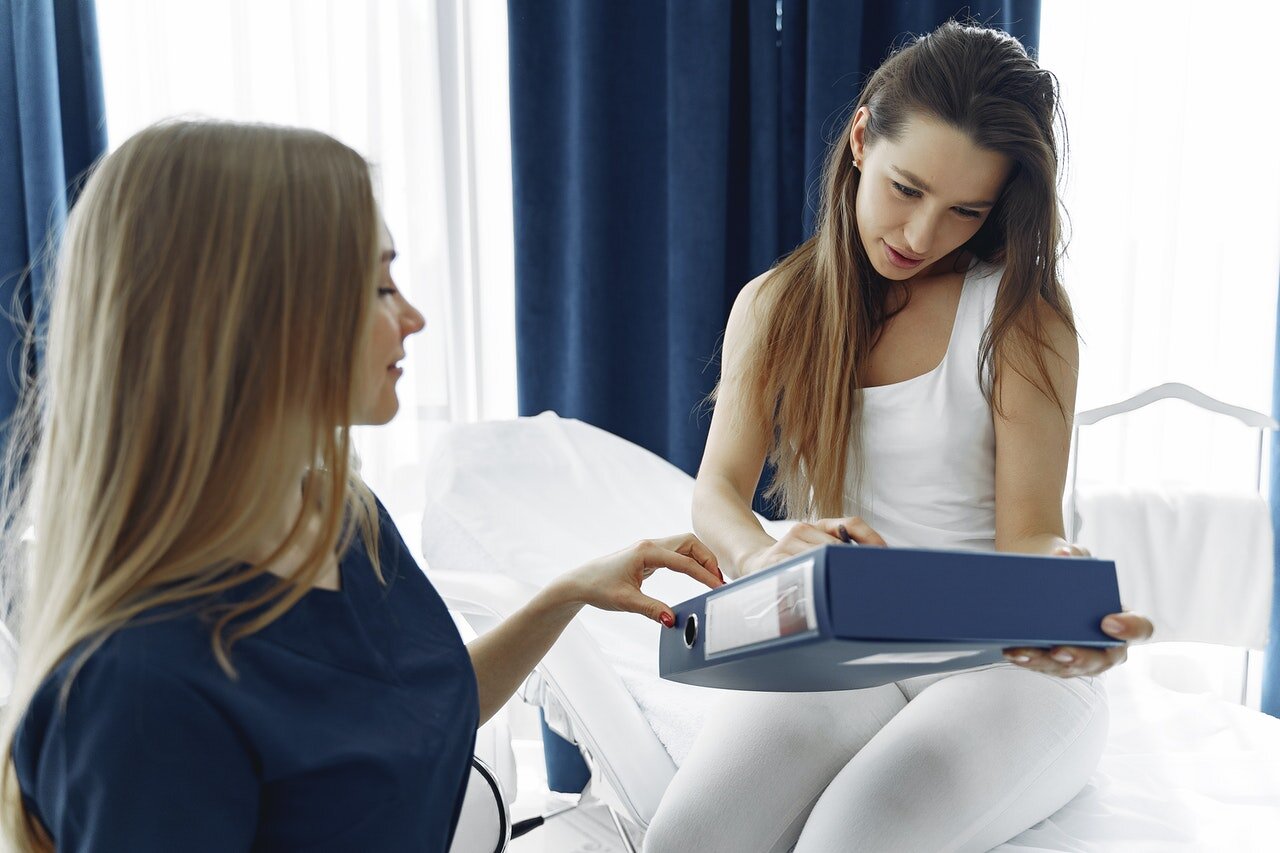
STD Exams
Sexually Transmitted Disease (STD)
NCPHD provides evaluation and treatment of sexually transmitted diseases (this can include a confidential HIV test). Our services are nonjudgmental and confidential, and no one is turned away for inability to pay.
If you have any questions you can call our office at (541) 506-2600 and ask to speak to a nurse.
The clinic is for all genders of all ages.
All information is confidential.
All information we receive from you and everything in your medical record is confidential. This information will not be released without your written consent. It is important to note, however, that if health department staff becomes aware of physical or sexual abuse of a person under 18, North Central Public Health District is required by law to report abuse to social service or law enforcement agencies. If you have questions about this, please talk to one of our members of staff, they’re here to help.
Planning Your Visit
What Happens At Your Visit
Many of our visits can be accomplished in our walk in clinic, where you are served on a first come, first served basis. Depending on your concerns, an exam may need to be scheduled.
After signing in at the front desk, you will be called by the nurse and taken to an exam room. We can easily test for gonorrhea and chlamydia with a swab or urine sample. Other testing depends on your symptoms. Some tests require a blood sample. The nurse will help to determine what tests are appropriate for you.
Some infections can be treated the same day as testing. If test results indicate an infection that wasn’t detected by exam or by symptoms, you may need to return to the clinic for treatment.
Clinic Visit Tips
One way to test for certain infections is by urine sample. It is important that you do not urinate (pee) for 2 hours before your visit. It is very important that the clinic has a good way to reach you to give you test results and/or treatment. If you have not been contacted with your results after a week or two, please call the clinic to be sure you receive your results.
Treatment & Cost
Treatment
We provide medicine for most sexually transmitted infections. Finish all medicine you are prescribed or the infection might not be completely cured. If you develop any problems (rashes, nausea, vomiting or other) with your medication, be certain that you contact the clinic as soon as possible. It may be possible to give you a different medication. If you are diagnosed with an STD and receiving treatment, your sexual partner(s) may be able to receive treatment at no cost.
Do Not Share Your Medicine with Others.
Cost
There are some programs that a person may qualify for free testing. In general STD screening is not free at our clinic. You may call ahead of time for questions regarding testing fees.
Know the Facts
False assumptions about sexually transmitted infections, or STIs – how they’re spread, prevented, and treated – are everywhere, and it can be especially hard for people to get the facts. Making sure that you have the correct information about STI prevention and testing has never been more important.
Did you know…?
STIs impact young people the hardest. In the U.S., almost half of all new infections in 2018 were among people aged 15-24.
If you are sexually active, you can lower your risk of getting an infection several ways, including by using a condom the right way from start to finish.
Almost all STIs that can be spread via condomless vaginal sex also can be spread through oral and anal sex without a condom.
You can’t tell if someone has an STI just by looking at them. Many infections don’t cause any symptoms, so the only way to know for sure is to get tested.
Even if you use birth control, you should still think about STI prevention. Birth control methods like the pill, patch, ring, and IUD are very effective at preventing pregnancy, but they do not protect against STIs and HIV.
The most reliable way to avoid STIs is to not have vaginal, anal, or oral sex.
You also should know that all STIs, even HIV, are treatable, and most are curable. The sooner you get tested, the sooner you can take action to protect your health and the health of your partner(s).
Some STIs can lead to serious health problems if they’re not treated. For example, an untreated STI, like chlamydia, can make it difficult or impossible for a woman to get pregnant. An untreated STI can also increase the chances of transmitting or getting HIV.
STI tests are quick, simple, and usually painless. For example, rapid HIV tests can provide results from just a swab inside the mouth in only 20 minutes.
Not all medical checkups include STI testing. Unless you ask to be tested, you can’t assume you have been. Ask your healthcare provider which tests may be right for you.
Talk to your partner about when you were last tested and suggest getting tested together. And if you have an STI, tell your partner. These conversations may seem hard to have, but open communication with your partner is essential to staying healthy and stopping the spread of STIs. These conversations may also bring you closer together. Here are some tips to help you start the conversation.
You can find confidential testing near you that is free or low cost by going to www.gettested.cdc.gov.
The content on this page can also be syndicated (added to your website).
Content provided and maintained by the US Centers for Disease Control and Prevention (CDC). Please see our system usage guidelines and disclaimer.


